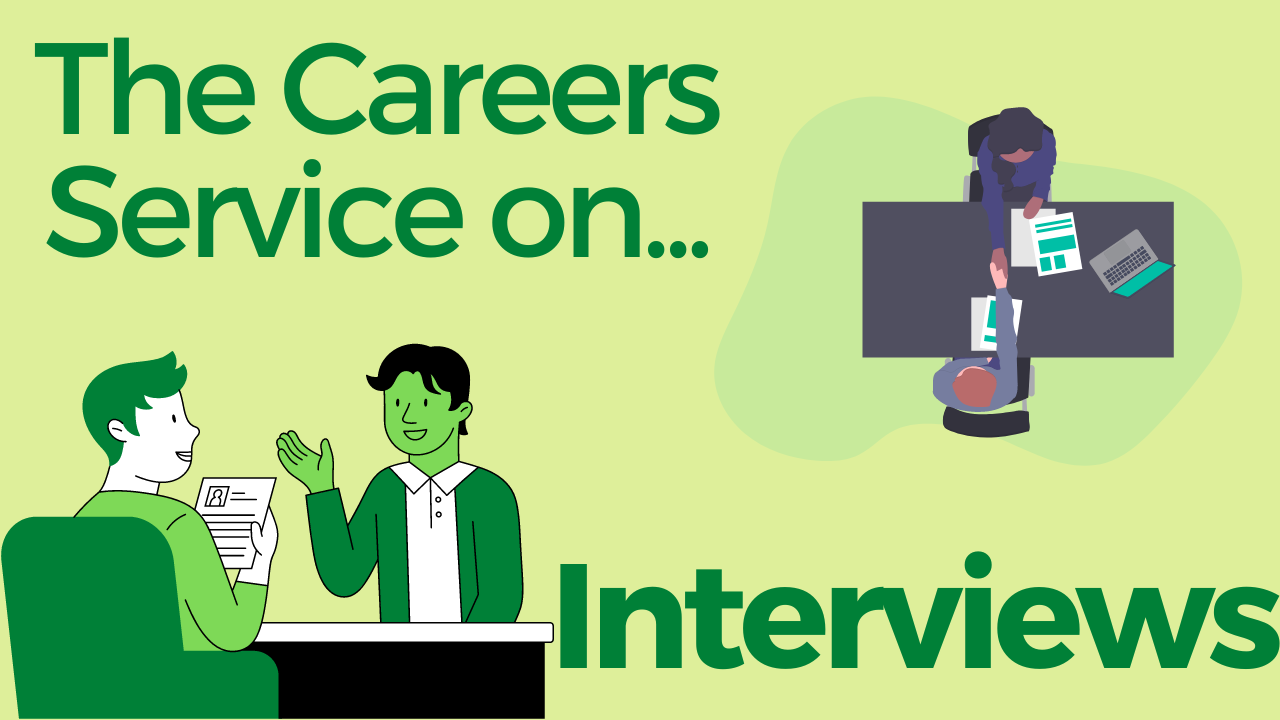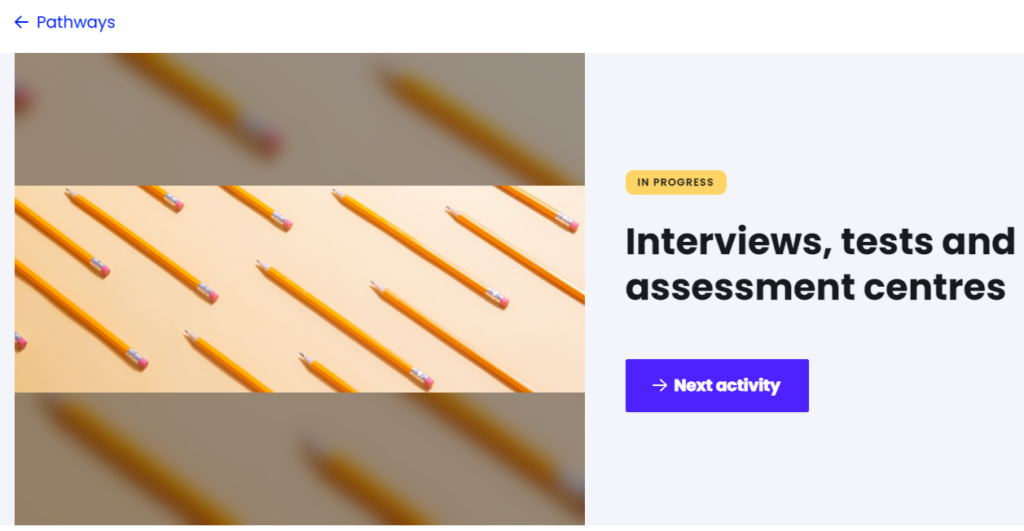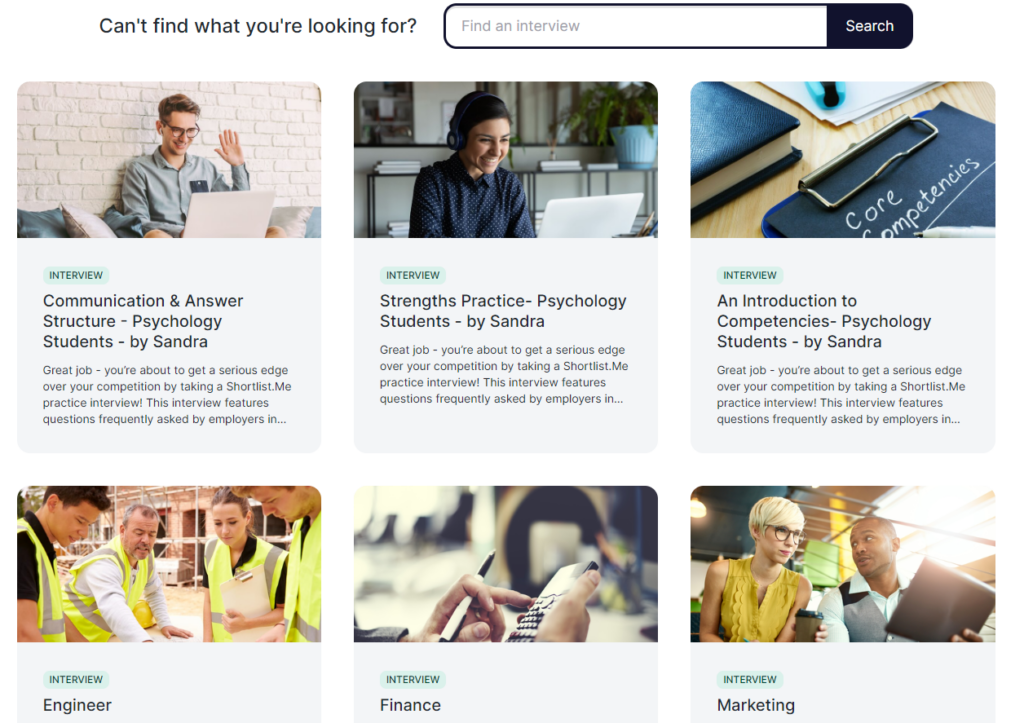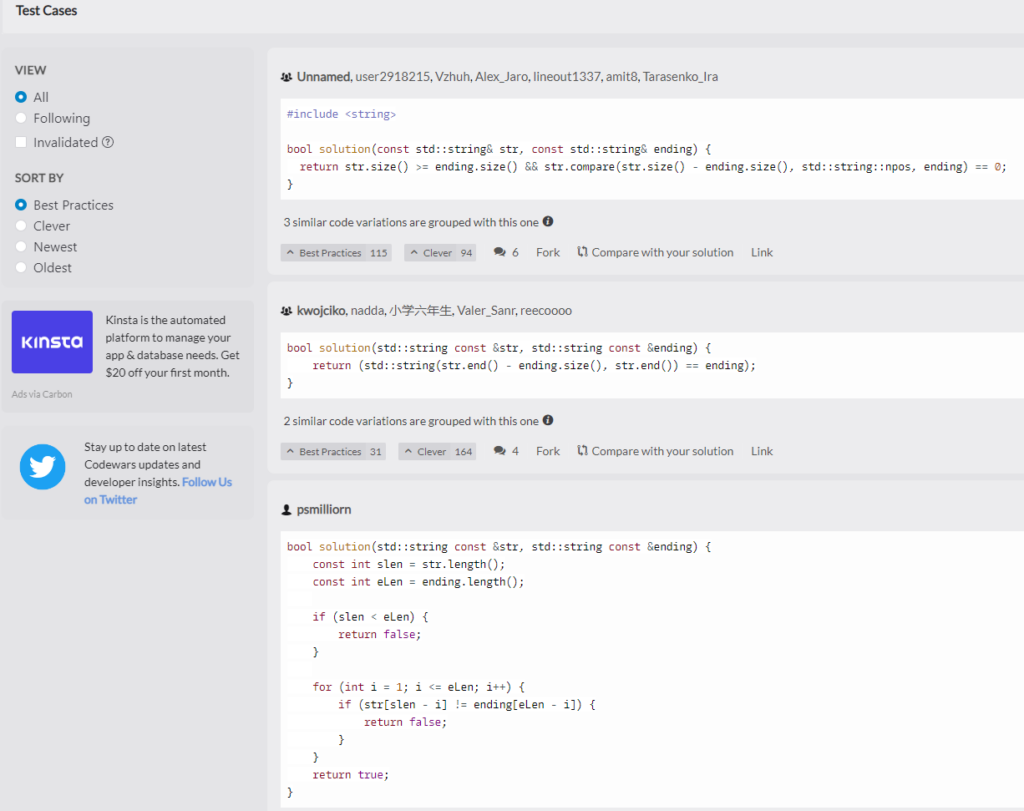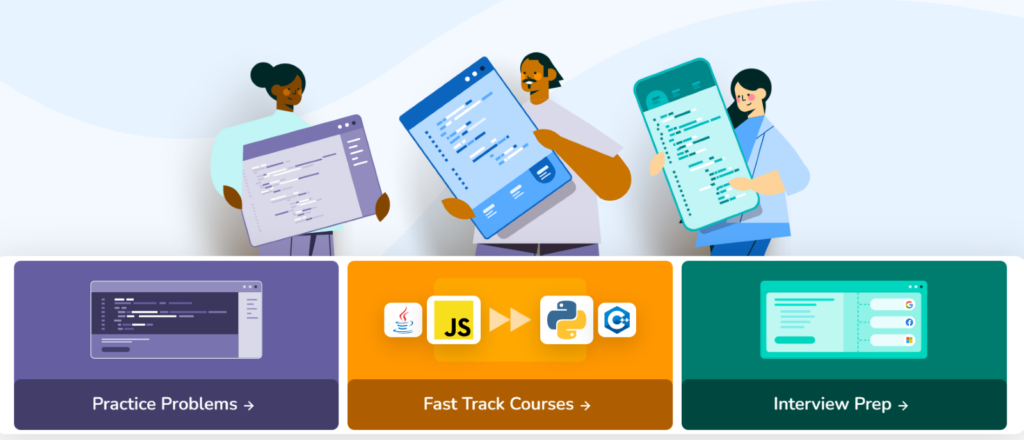We interviewed two committee members of Newcastle University’s Cyber Security society, CyberSoc, to get some insight into what the society does and the different ways it can help you.
Who are you and what are each of your roles in the society?
Eddie: I’m the president of CyberSoc, so my role is to guide the general direction of the society as well as lead the committee and manage their work. This includes things like making sure our technical officers have events prepared with enough time to spare, chairing committee meetings, representing the society at external events and finding new and exciting opportunities for our members.
Last year, I ran many of the society’s technical events as I was one of our technical officers. While I’m in a different role this year, I’m continuing to do so unofficially because it’s a part of the society that I really enjoy. I’m taking a slightly less significant role in the writing of tech events nowadays as we have so many great new technical officers (and the role of president comes with its own workload!), but it’s definitely something I want to keep doing within CyberSoc.
Sophie: I’m secretary of the society so my role is more on the admin side of things. I’m in charge of taking notes at committee meetings, making sure deadlines are met, making sure our members are kept informed of news and events, and that sort of thing.
I do sometimes help out with other aspects of the society outside of my role. My background in cyber security has meant that I’ve been able to get involved with the planning and running of some of our technical events. I also enjoy designing posts for our Instagram page.
What is your society in 10 words or less?
Eddie: A great way to have fun learning to hack safely!
Sophie: The society for all things cyber security
What do you do in your society?
Eddie: In short, we teach people how to hack. Even if you’re a complete beginner to cyber security or even computer science and programming in general. Of course, when we say hacking, we really mean ethical hacking – all our tech events such as workshops, demos and talks take place in safe, isolated environments where you won’t be causing any damage to the outside world. It could be attacking a server we’ve set up with specific vulnerabilities, attacking each other’s code or taking part in dedicated hacking competitions (often called Capture the Flag competitions), and our Technical Officers are there to teach and help you at every stage. We also run occasional socials for those who want to take a break from the tech side of things!
Sophie: We run technical events that aim to teach people about cyber security and ethical hacking in a fun and safe environment. These events include workshops, talks, demonstrations, competitions and more! We aim for all of our technical events to be suitable for all skill levels so there’s something for everyone. We also run social events from time to time to allow our members to get to know each other and make new friends.
What do you want to do when you finish university?
Eddie: I’m interested in the security of embedded systems, things like smart appliances, industrial control systems, network equipment, entertainment devices and many other devices that aren’t just general-purpose computers. I could see myself working in something relating to IoT device security, perhaps.
Sophie: I don’t have anything specific in mind just yet, but I definitely want to work somewhere within the field of cyber security as that’s the area of computer science that I’m most interested in.
What makes your society different from something like NUCATS?
Eddie: At least in my opinion, CyberSoc runs mostly technical events with occasional socials, whereas at NUCATS it’s probably more the other way around. NUCATS is the general computer science and tech society. While we at CyberSoc do focus mostly on cyber security in our tech events, there’s often overlap with general computer science and programming since we teach everything from the absolute basics with no prior tech or programming experience required.
If you’re mainly looking for socials in a society then you might be best suited to NUCATS, whereas if you’re keener to explore the tech side of things then CyberSoc is probably the society for you! That being said, there’s no reason you can’t join both – in fact, we do share a lot of members and occasionally run joint tech or social events together. Neither one is objectively better than the other, so it just depends on what you enjoy! I’d recommend anyone thinking of joining either society to check out both our Instagram pages (@newcastlecybersoc and @nucats_) to see what kind of events we’ve each run in the past.
Sophie: NUCATS is more about general computer science and technology, whereas we are specifically focused on cyber security and ethical hacking. In practice, NUCATS tends to be more of a social society for computer science students, whereas we tend to attract members from a wider range of courses who are interested in cyber security and want the opportunity to learn and gain hands-on experience in the field. There is some cross-over between us and NUCATS and we do sometimes work with them and run joint events, but in general, we tend to fall more on the technical side of things whereas they are more on the social side.
Do you have any Corporate Sponsors, and if so, what do they help you do?
Eddie: We do! Our corporate sponsors vary from semester to semester, but they always have great opportunities for our members like industrial placement schemes, graduate schemes, careers events and mentoring opportunities to name just a few. We’re always careful to ensure our sponsors are relevant to our members’ needs and interests so that there’s always something great to engage with!
Membership to CyberSoc is only £5 per year, but it’s our additional funding from sources like sponsors who really help us provide so much more value than that to every member. Our society wouldn’t be what it is today without having the funding for the tools and equipment at many of our workshops, so it’s something we really value.
You can find specific details of our current sponsor(s) and the opportunities they’re currently offering on our Instagram page (@newcastlecybersoc).
How do you think CyberSoc will help you get a job?
Sophie: Being on the CyberSoc committee has allowed me to improve my employability skills such as teamwork, communication, and leadership. Furthermore, it gives me the opportunity to attend (as well as help at) events on a wide range of cybersecurity topics which helps me to gain a broad understanding of the field.
Eddie: In terms of running the events, my public speaking skills have really improved. When I first started, I was really nervous any time I had to speak in front of everyone, basically just sticking to a pre-written script. But now it comes naturally to me!
Committee work has also been a great experience for me in project and time management. Ideally, we usually have around 4-6 weeks between the idea for an event and the day it runs, so we’re always working to a deadline and re-evaluating different parts of the event if they become unreasonable to complete in time. Since we’re all students, this is especially important as we’ve got to plan around our studies too. There are many different elements that go into planning an event and delays (often beyond our control) are to be expected – it’s down to us to handle these without having to reschedule or cancel events wherever possible.
What three things do you think your society brings to help improve employability?
Sophie: Our society allows members to learn about a wide range of cybersecurity topics, which they may not have otherwise encountered. Many of our events provide the opportunity for members to try out various ethical hacking techniques in a safe environment, allowing them to gain hands-on experience with tools and methods that are used in industry. Furthermore, we have also run events that allow members to create their own artefacts that could be used in a programming portfolio. For example, our OWASP (Open Web Application Security Project) top 10 hackathon taster event gave members the opportunity to find and fix security issues within a website that we created. We then gave participants detailed feedback on their submissions, as well as presented them with a certificate to show their achievements.
Eddie: We think in the 21st century, cyber security awareness is a critical skill to have in any role, but especially those within large organisations or national infrastructure.
For the computing students among us, it’s great to know about security risks, attacks, and defences to help protect the software you’re developing. CyberSoc allows you to work with these fundamentals even if you aren’t on a security module or degree specialism, as we feel it’s important that all developers understand the basics of cybersecurity.
For those not on computer science degrees we think participating in CyberSoc events still greatly improves employability, as these days detailed knowledge of cyber risks and defences can be critical in any role in any industry. They say humans are the least secure part of any system, so it’s no good for the developers to secure their applications if the end users can be phished or use insecure passwords! Therefore, participating in CyberSoc events can help anyone stand out to employers.
Have you got any events coming up?
Eddie: We do! On Tuesday the 22nd of November we’re running an “Introduction to Cyber Security Tools and Concepts” workshop, and the Tuesday after on the 29th we’ll be hosting a reverse engineering/buffer overflow workshop (both beginner-friendly!). At the time of writing, we’re yet to have the exact times and venues of these events confirmed, but they’ll likely be from around 6:30 PM in a computer lab in the Urban Sciences Building, as is the case with most of our tech events if they’re running in person. Additionally, some of our events are run online so there’s something for everyone.
We have even more events planned that we’ve yet to announce, so be sure to take a look at our Instagram page (@newcastlecybersoc) or the events tab on our Discord server (cybersoc.org.uk/discord) to learn more!


